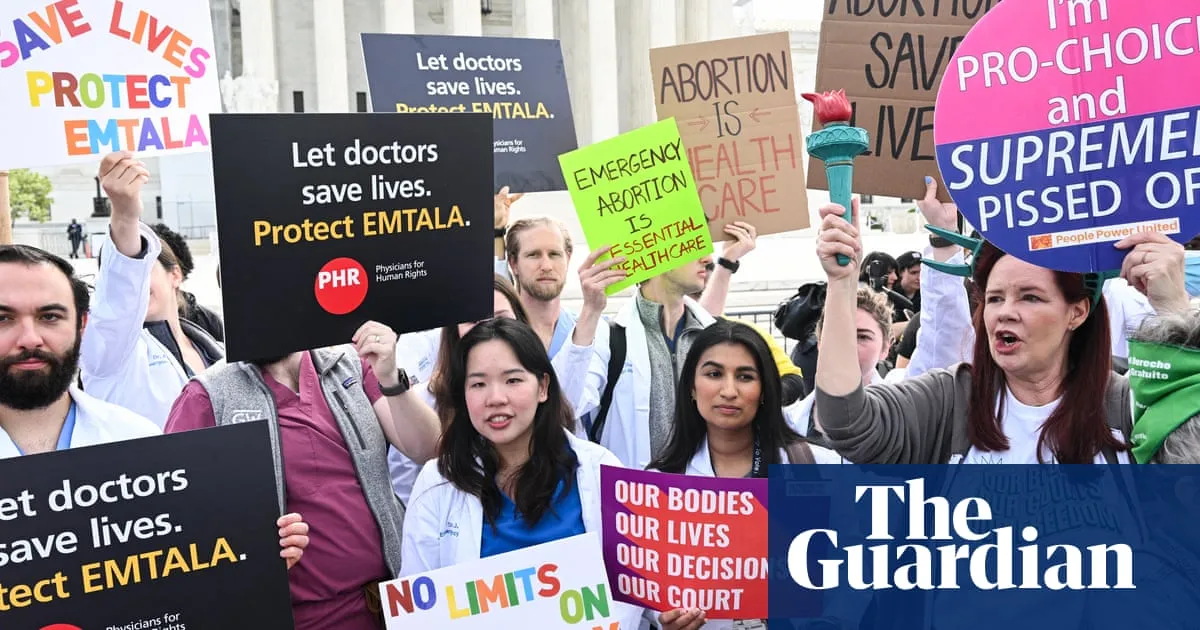
The Trump administration has taken a significant step by rescinding Biden-era guidance that clarified the obligations of hospitals in states with abortion bans regarding emergency medical care for pregnant patients. This decision comes at a time when multiple court battles are unfolding in red states over the interpretation of medical emergencies related to abortion bans.
The guidance in question pertains to the Emergency Medical Treatment and Labor Act (EMTALA), which mandates that hospitals stabilize patients facing medical emergencies. States like Idaho and Texas have contended that the Biden administration's interpretation of EMTALA was flawed, especially following the 2022 overturning of Roe v. Wade.
In a letter announcing the rescission of the guidance, the Trump administration stated that the Centers for Medicare and Medicaid Services (CMS) will continue to uphold EMTALA. They emphasized that this law protects all individuals presenting to hospital emergency departments, including those experiencing severe medical conditions that jeopardize the health of pregnant women or their unborn children. CMS has committed to addressing any legal confusion stemming from the former administration’s actions.
Abortion rights advocates have expressed grave concerns regarding the rescinded guidance, stating that it will create ambiguity for hospitals attempting to interpret EMTALA. This uncertainty could ultimately endanger the lives of pregnant patients. Since the collapse of Roe v. Wade, numerous women have reported being denied critical medical treatment due to existing abortion bans, with at least five pregnant women having died after being denied or delayed care or being unable to access legal abortions.
Dr. Jamila Perritt, an OB-GYN and president of Physicians for Reproductive Health, criticized the administration's decision, asserting, “This action sends a clear message: the lives and health of pregnant people are not worth protecting." She highlighted the dire implications of compliance with these laws, which could force healthcare providers to choose between rendering necessary care and adhering to harmful regulations.
Last year, the U.S. Supreme Court considered a case involving Idaho's abortion ban, which only allowed abortions when a woman's life was at risk. In contrast, many state abortion bans allow for abortions when a patient's health is endangered, a less stringent criterion that could facilitate medical interventions. The Biden administration argued that Idaho's restrictive standard hindered doctors from providing necessary abortion care in emergencies, thereby violating EMTALA’s requirement for hospitals to stabilize patients.
Ultimately, the Supreme Court chose not to address the substantive issues, ruling 6-3 on procedural grounds that the case had been “improvidently granted.” Justice Ketanji Brown Jackson commented on the missed opportunity to clarify the law, stating, “This court had a chance to bring clarity and certainty to this tragic situation and we have squandered it.” Her remarks underline the ongoing uncertainty faced by pregnant patients in Idaho, Texas, and other states as they navigate the complexities of healthcare in the wake of restrictive abortion laws.